Faustus: That Damned Woman at the Lyric Hammersmith
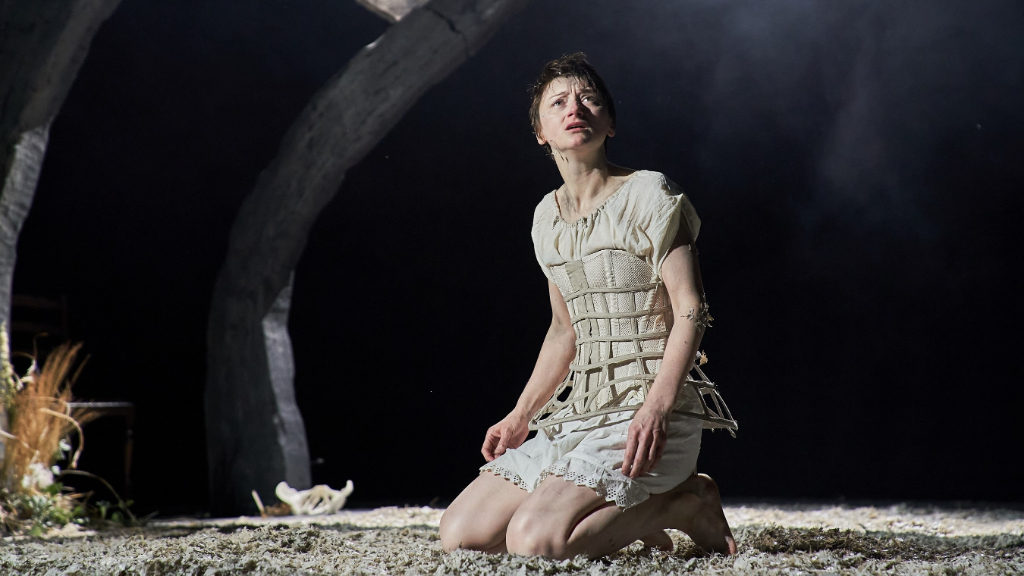
Faustus: That Damned Woman is a hugely successful lesson in an age where self-appreciation and self-love are dependent on notions of ambition and achievement, even at the cost of leaving one isolated, bearing the burden of the world upon one’s shoulders. Writer Chris Bush’s Faustus is a figure radically divergent from the Faust myth, which depicts a rich man unable to find satisfaction in worldly gains.
As a woman in 17th-century London, Faustus (Jodie McNee) has no wealth, no agency, and no skills but an unfaltering determination that will not allow her to accept her predicament. Under the haunting shadow of the label of witchcraft bestowed upon women with the gift of medicine, her willingness to help the afflictions of her plague-infested society leads her to eventually sign a pact with the devil, whereby she proves that her mother (Emmanuella Cole) was unjustly killed for possessing powers of herbal medicine in the pre-scientific era of superstition. This further fuels her drive to become a doctor with a vast imagination, superhuman drive and ability to make giant leaps through time.
Under Caroline Byrne’s able direction, with an effective set designed by Ana Inés Jabares-Pita, Faustus and the deliciously cunning Mephistopheles (Danny Lee Wynter) travel through time from the dark ages to a futuristic age darkened by exaggerated belief in the human capacity to defy nature through technology. In her effort to eradicate disease, Faustus tries to annihilate death itself, but though she manages to overcome War (Tim Samuels), Pestilence (Alicia Charles) and Famine (Cole), she is forced to don the robe of Death. In the end, her if-I-cause-then-I-fix mentality succumbs to the lesson that faith and community were the crucial elements to goodness.
This is a feminist take on a universal story about ambition, greed, glory and vanity which complicates the narrative by asking questions about the length we are willing to go not simply because we are limited by mortality – as is the case in the original story – but because of obligations to justice and a willingness to do good, albeit singlehandedly. It is also a modern interpretation of a canon in Western literature that is conscious of the looming climate catastrophe caused by our narrow vision of progress. Bush’s writing is poetic and highly imaginative, complemented by truly mesmerising performances from McNee and Wynter.
Marissa Khaos
Photos: Manuel Harlan
Faustus: That Damned Woman is at the Lyric Hammersmith from 22nd January until 22nd February 2020. For further information or to book visit the theatre’s website here.

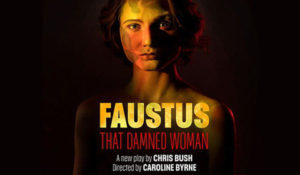
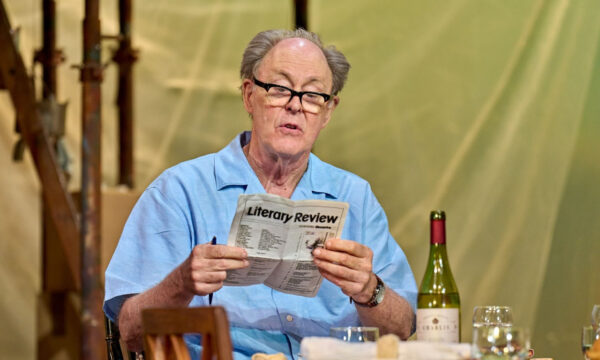
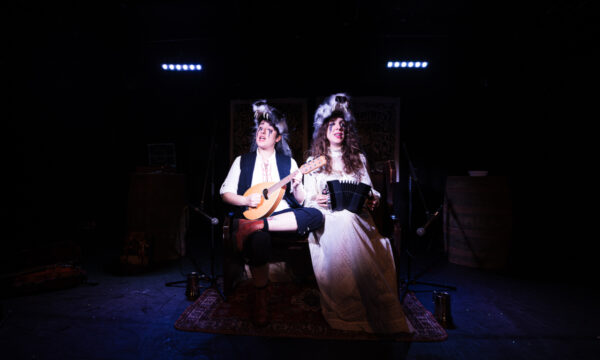
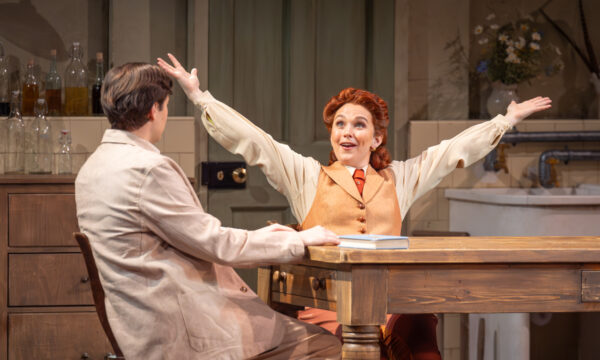
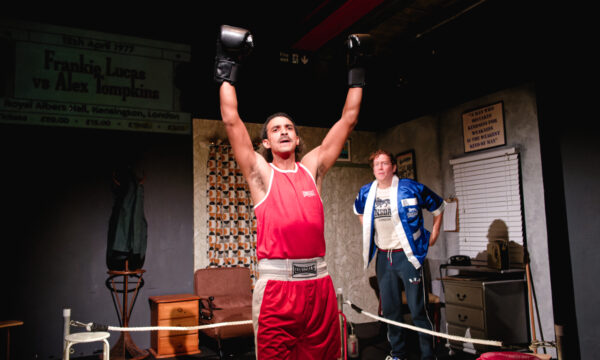
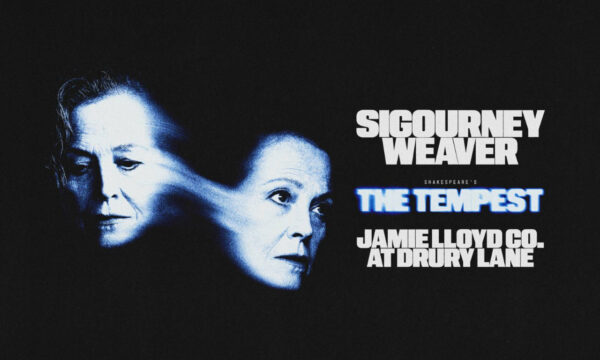

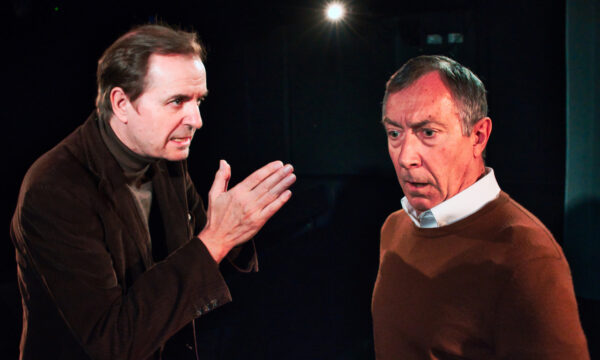
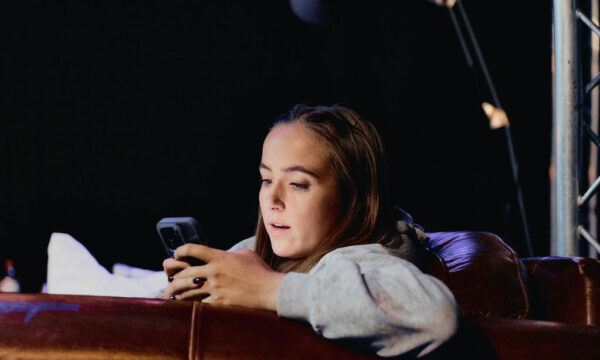
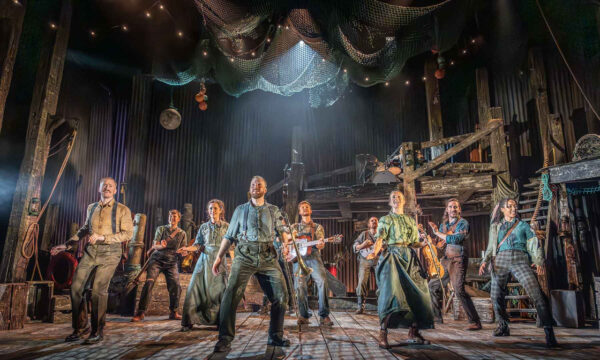










Facebook
Twitter
Instagram
YouTube
RSS